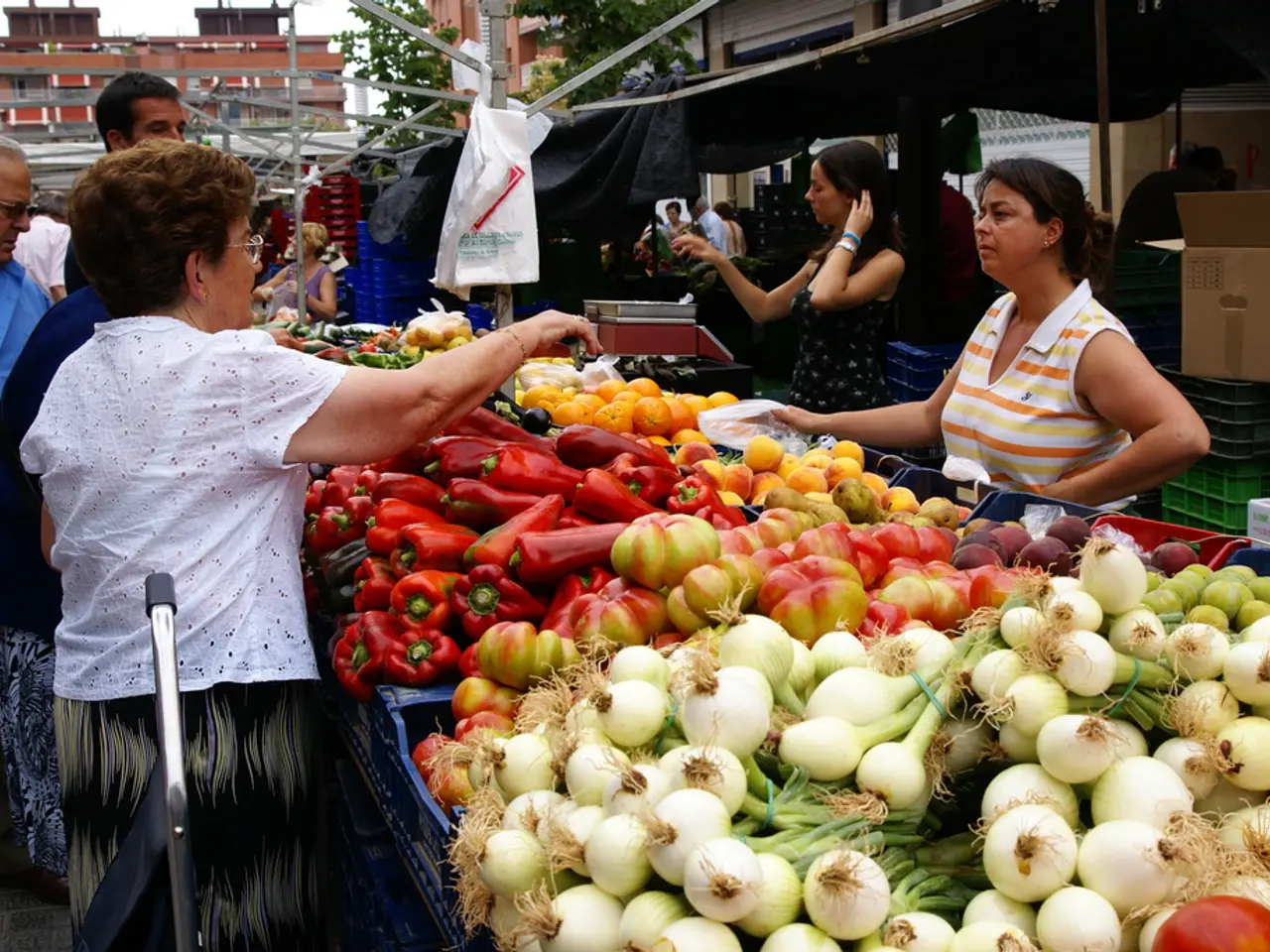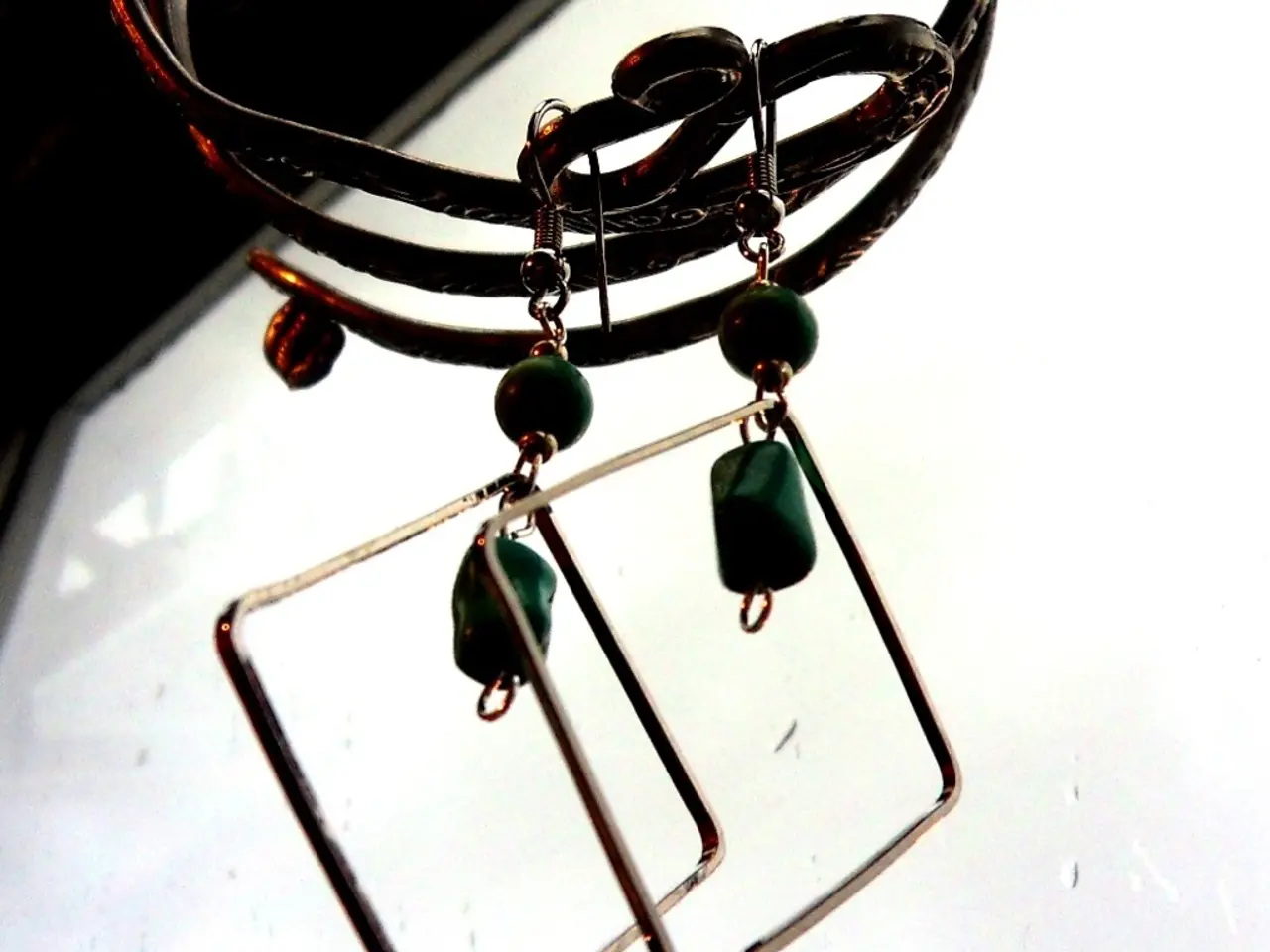Change in generations among blood donors in DRC
Blood Donation Crisis in Berlin: Germany's blood banks are grappling with a significant change as their loyal donors, the Baby Boomers, start to retire. Georg Goetz, head of the German Red Cross Blood Donation Services Association, emphasizes the urgent need for younger donors.
With the Baby Boomers retiring due to age and health issues, the vacuum needs to be filled by the younger generation. The German Red Cross (DRK) has been successful in attracting new donors, but convincing them to become regular donors is an uphill battle. As Goetz notes, "A new donor is terrific, but we need them to stick around."
During the summer months, there is usually a scarcity of blood donations due to vacations and heatwaves. However, the demand for blood products remains constant. To tackle this issue and encourage more young people to donate blood frequently, the DRK is emphasizing accessibility and convenience.
Unlocking the Potential of Young Blood Donors: To address the issue, a multi-pronged strategy is recommended:
- Digital Outreach: Utilize social media, influencers, and online communities to boost awareness about the importance of blood donation.
- Education: Integrate blood donation education into school and university curricula to foster early engagement.
- Incentivization: Offer incentives like vouchers, discounts, or recognition awards to boost participation without resorting to direct cash compensation.
- Community Engagement: Empower young donors to recruit their friends, and collaborate with student groups to create a culture of regular giving.
- Transparency: Maintain transparency about the impact of donations and communicate rigorous safety standards to build trust and demonstrate the value of each donor's contribution.
These strategies, if implemented effectively, can help cultivate a new generation of regular, voluntary blood donors in Germany.
Overcoming Obstacles: To ensure the sustainability and safety of the blood donation system, it's crucial to avoid over-reliance on financial incentives for vulnerable populations and implement systems to track donor frequency and provide feedback to donors.
By adopting these strategies, Germany can ensure a stable and safe blood supply for the future.
Promoting health-and-wellness interests among the younger generation, the German Red Cross (DRK) has been advocating for regular blood donation, recognizing the critical role it plays in maintaining a stable and safe blood supply for the future. To foster this habit, they are employing a multi-pronged approach that includes digital outreach, education, incentivization, community engagement, and transparency, all aiming to unlock the potential of young blood donors.




